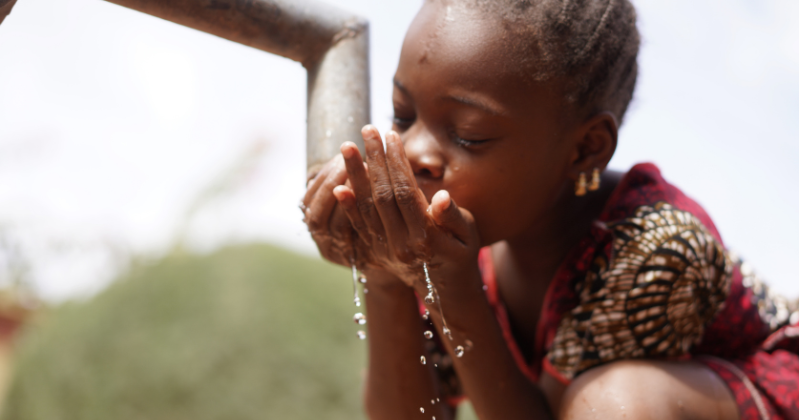WaterAid’s sustainable water, sanitation and hygiene at scale programme (SusWASH) was a five-year (2017-22) programme aimed at addressing the long-term challenges of sustaining water and saniation services and hygiene behaviours. Funded by the H&H Foundation, the programme also worked to ensure WASH services can be provided to everyone in society.
The programme applied a systems strengthening approach to enhance the capacity and leadership of governments, civil society and the local private sector, to inform policy and practice from national to local levels, and to change behaviours and attitudes to advance progress towards inclusive and sustainable WASH at scale.
SusWASH was carried out in Cambodia, Ethiopia, Uganda and Pakistan. It included a global learning component to facilitate learning exchange and coordinate technical support.
Our role
Itad’s evaluated SusWASH between November 2021 and January 2022. Our evaluation objectives were to:
- Establish to what extent SusWASH achieved programme outcomes.
- Draw out lessons for WaterAid on how to implement future systems strengthening programmes.
Our methods and approaches
We examined the set-up and design (i.e. the learning framework, the adaptive programming approach and wider organisational culture) and the delivery of this complex, adaptive and learning oriented programme at global and country programme levels.
The evaluation was implemented via three modules:
- Module 1: design and learning. In this module, we explored the internal workings of WaterAid – namely the programme design and how this supported or hindered the achievement of programme objectives.
- Module 2 focused on the outcomes that were achieved (or not) under SusWASH, the programme’s contribution to them and related factors for success.
- Module 3 examined how the programme was implemented in practice and which factors hindered or enabled the delivery of a systems strengthening approach.
Outcomes and impact
The evaluation generating valuable lessons and recommendations for WaterAid’s future systems strengthening work under their new Global Strategy 2022–32, and for the wider WASH sector.
We are pleased to have contributed to the foundations for improved inclusive WASH sustainability, which in turn support Sustainable Development Goal (SDG) 6 – water and sanitation for all.
For more information, contact Sam McPherson.


